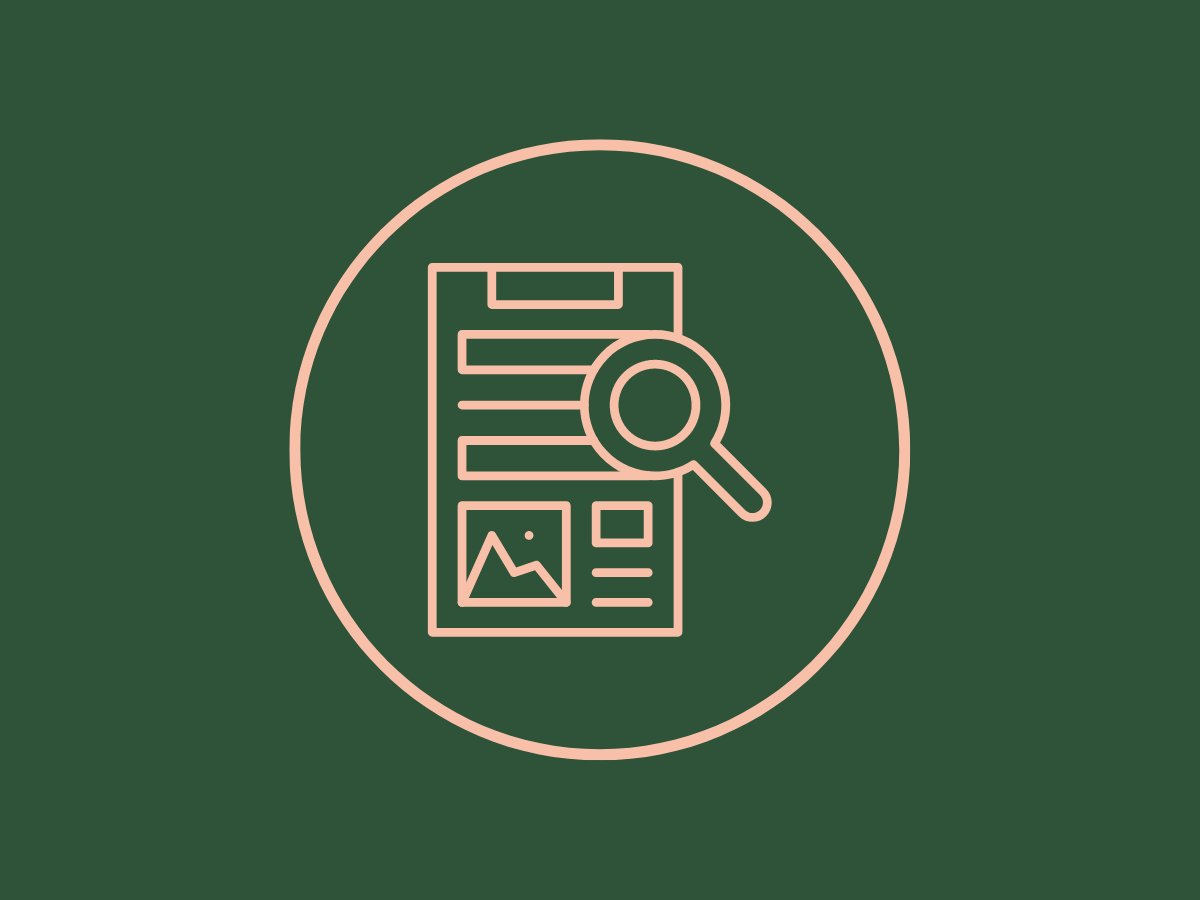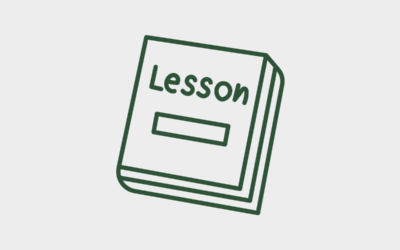Table of Contents
A huge search documentation was recently leaked by Google, potentially exposing close to 14,000 ranking factors. This is a nightmare for the search giant, but a gold mine for everyone else. Today, we’re discussing what was leaked and what it means for driving traffic to your website.
1. Create Content for Users, Not Just for Google
One of the biggest takeaways from the recent search leak is that Google values fantastic content but struggles to find it.
So what does that mean for us?
It means we need to design content with our audience in mind, not to trick Google’s algorithm. It may seem counterproductive, but writing content that people genuinely want to read is 100x better than over-optimising in an attempt to arrive at the top of Google’s search page. That means the days of keyword stuffing, something Google can identify, are well and truly over — if they weren’t already.
So if you haven’t done so already, diversify your traffic to social media — SEO isn’t just for Google.
2. Prioritize User Experience (UX)
Even if you haven’t personally designed your website, user experience is still something you have control over. Ensuring visitors have a five-star experience while they’re on your site is key for moving up the search page ranks.
The leaked documents spoke heavily about the importance of user signals (how long visitors stay on the page, the type of engagement, etc.), which solidifies how important it is to achieve the correct flow in your articles.
If you’re reading a blog post that doesn’t immediately draw your attention and doesn’t entice you to read any further, that’s initially a very bad user experience. Furthermore, that means no random breaks, fluff, or irrelevant information peppered throughout the article.

Create content for users, not just for Google! Image from Pixabay.
3. Build quality and relevant backlinks
Links are still important, but Google is very specific about the type you receive.
Got a bunch of spammy links pointing to your site? Pepperstorm’s SEO Audit should flag these up and take appropriate steps to deal with them. On the other side, it’s very valuable to your site if you can get some high-quality links from frequently updated publications pointing your way.
Perhaps that means you’ll have to hop on a podcast or two, contact your local paper, or message a few big players in your niche, but it’s all a valuable way to spend your time. It’s worth pointing out that there’s a substantial difference between a high DA site that is updated regularly and one that’s only been updated once or twice in the last decade with the same ranking.
Ensure your anchor text (the words used for a link) is solid but not over-optimized, as this can be as detrimental as poor-quality text.
4. Titles still matter
One of the most surprising revelations of this leak was that word limits for article titles don’t really exist. So technically you could write a 15-word title and not get penalised in the eyes of Google.
But, should you?
Almost certainly not. Google won’t mind, but your CTR (click-through rate) is going to plummet – unless it’s a really clever title. Human nature follows the path of least resistance and in the world of copywriting that means the shortest usually wins.
If you can cut it, cut it. Once again, it all comes back to writing for people rather than Google.
5. Get to the point
If you’re writing about the top photography spots in a certain location, don’t start the article talking about how to turn your room into a camera obscura – despite how much I may want to know.
People arrive at your blog post to learn about something specific, so give them that information quickly and make sure every section has a reason for being included.
Can you craft an article that’s 10x better than your competitor in 750 words? Perfect, don’t write 2000 for the sake of it. Short articles absolutely can rank. We’ve seen it before and we’ll see it again.

Get to the point when writing your blogs, be informative, and write for humans! Image by StockSnap from Pixabay
6. Niche down
I’d bet you’ve heard this one before, and it’s as important as ever, especially with the arrival of AI software capable of spewing out a few thousand lines of mediocrity at the click of a button.
When designing your content plan, it’s important to ensure your niche verticals are tightly aligned so that your personal and site authority are boosted as quickly as possible.
sameAs schema should include links to your socials, email, and website wherever possible. If those links are coming from high DA sites, you’ll find your overall authority (and therefore your site rank) benefit greatly.
7. You’ll have to play in the sandbox
Despite numerous denials, even by senior Google trends analyst John Mueller, the sandbox does exist. In the leaks, it’s referred to as ‘hostAge’, and it confirms the importance of an aged domain for quick ranking.
So if you’ve been putting off buying your domain name for a while, I’d advise you to go ahead and grab it. The longer it can marinate in Google’s digital sauce, the less spammy and more desirable it’ll look.
How long will Google keep you in the sandbox and restrict your visibility? It could be a few weeks to several months. This is just another reason why it’s so important to keep publishing and see your SEO campaign through to the end.
8. TEST EVERYTHING!
Nobody gets everything right 100% of the time, and you shouldn’t blindly follow those ‘SEO Gurus’ on Twitter telling you to do something different practically every week.
We don’t know what’s going to happen to Google’s ranking factors in the future, and this just re-asserts the importance of writing everything for the humans who will read it.
We spend hours here writing and rewriting headlines, social captions, and even single sentences while watching like hawks at the results. We keep what works best, and cut what doesn’t give us the results. Do the same and you’ll be well on your way to finding what works and what doesn’t with your audience.
While there’s a huge amount of information to get through in this latest leak, it doesn’t need to change much on the content end. Sure, Google might not need you to have original images, but are you going to trust a website with the same stock photo or perhaps even AI-generated images that have zero personal experience or someone that has all of them?
You’re great at what you do, so despite what Google requires, you need to show your audience just how capable you are of helping them.





